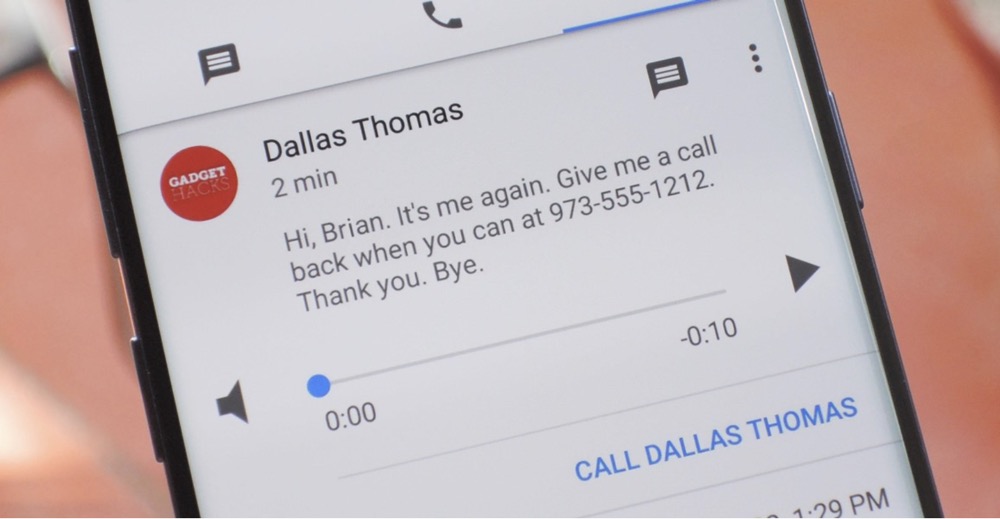These days, it seems the text message has become the most popular form of communication. However, that doesn’t mean that the old-fashioned phone conversation is gone. With new advances in communication, you might have trouble deciding whether to call or text. It’s not just a matter of personal preference between you and the person you want to contact. In most cases, specific circumstances, such as the time of day or how much you want to discuss, call for one form or the other. When you know what to consider, the decision becomes easier.
Deciding to Call
Call for in-depth conversations.
It takes less time to speak words than to type them. If you want to tell your mom about your day or discuss weekend plans with your best friend, a call is the better choice. Calls to loved ones aren’t scripted and sound more authentic than text messages.
Call if you have an urgent matter.
Some people feel compelled to answer calls more quickly than text messages. Person-to-person calls more efficiently convey exactly what you need to resolve the matter. If you’re the type of person who makes it a point not to disturb people with petty issues, your call will alert your contact that you need a response now.
- If no one answers the phone, leave a quick voicemail message like, “Hey, Susie! It’s Claire. Call me back ASAP. I need to talk to you.”
Call to convey clear vocal cues.
You’re already at a disadvantage that your contact can’t see your body language. To make matters worse, text messages also lack the intonations that can make it clear what you want to say. If words alone don’t accurately communicate your intended message, opt for a phone call.
- This is especially important if you’re in a serious romantic relationship. Brief texts are still okay, but your voice is much better at conveying how you feel about your special someone.
Call to communicate matters of business.
While texting is becoming more accepted in some places of business, traditional phone calls remain the preferred means of communication in most companies. In fact, not picking up the phone in the workplace can harm your company’s revenue. Conversations held on a more professional level should be calls, especially if it’s within your employer’s culture to do so.
Call if you’re unsure of your contact’s service plan.
Never assume that everyone’s phone can receive a text message. As people of diverse age groups and economic backgrounds buy cell phones, service plans are becoming more adaptable to their needs. Maybe your contact cannot afford or doesn’t want a text plan. However, all phones can receive voice messages. When in doubt, call.
Call if your contact physically can’t text.
Not everyone’s hands are in peak condition. Arthritis causes the joints to swell, making it painful or impossible to perform specific movements. Carpal tunnel causes pain and numbness in the hand and wrist, especially during long periods of repetitive movements. If Grandma’s fingers look gnarled or if Uncle Joe rubs his wrist after typing, it’s probably best to call them.
Deciding to Text
Text if your message is short.
A call that only lasts for a couple of minutes can leave you and your contact feeling awkward. Texts, on the other hand, get right to the point. If you just want to shoot the breeze with a friend in short bursts or ask a short question, a text is a safe choice.
Text if your message isn’t that urgent.
Messages that don’t require an immediate reply can be texted. This way, your contact can take time to relax from a long day, eat a meal, etc. without feeling forced to get back to you immediately. Examples of non-urgent messages include:
- Asking the person you’re dating to get together Friday night.
- Telling someone you’ll be somewhere in a few minutes.
- Asking your significant other to pick up some bread on the way home.
- Relaying any kind of message that doesn’t need a reply for at least two hours.
Text if you think your contact might be indisposed.
Calls take your attention away from what you’re doing. A text message, on the other hand, can wait until you finish your work. If you think your contact might be in a meeting, teaching a class, or typing up a report, send a text. Give them a few hours to reply before retexting.
Text to avoid disturbing those around you.
Maybe you share an office with several other people. Maybe you live with a third-shift worker who sleeps during your waking hours. Situations like these call for courtesy. If your voice will distract others from their work or wake someone who is sleeping, opt to send a text message—and set your phone to vibrate for the reply.
Text a new romantic interest if both of you agree on it.
Texting is increasingly common among new couples who haven’t formed emotional bonds yet. However, advice columns vary from promoting texting to warning against it altogether. What should you do? Ask! It’s the best way to get a clear answer.
- Something simple like, “So, should I text you, or do you prefer phone calls?” should do the trick.
Tips
- Don’t abbreviate all the time. Not everyone understands text shorthand.
- Use short easy-to-read responses.
- Be courteous to the other person. Calling or texting early in the morning or late at night can wake your contact out of a restful sleep. If you need to get in touch with someone at an odd hour, shoot them an email.
Warnings
- Don’t repeatedly text your contact if s/he doesn’t reply immediately. Be patient. Wait a few hours before retexting.
- NEVER use a phone—to call or text—while you’re driving! Talking and driving is as dangerous as drunk driving. Texting and driving is more dangerous, increasing your chance of crashing by 23 percent.
